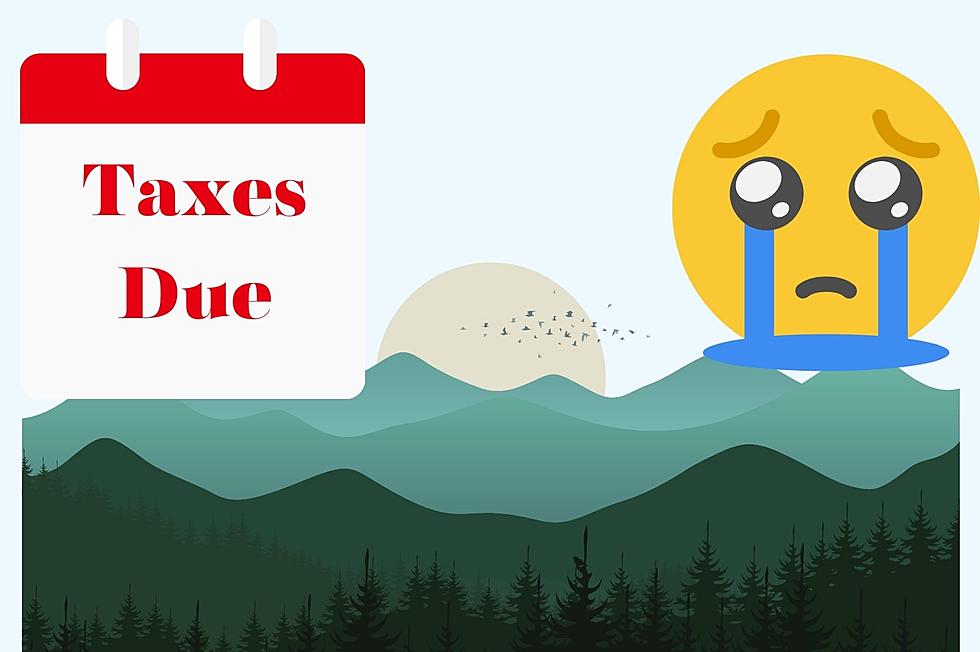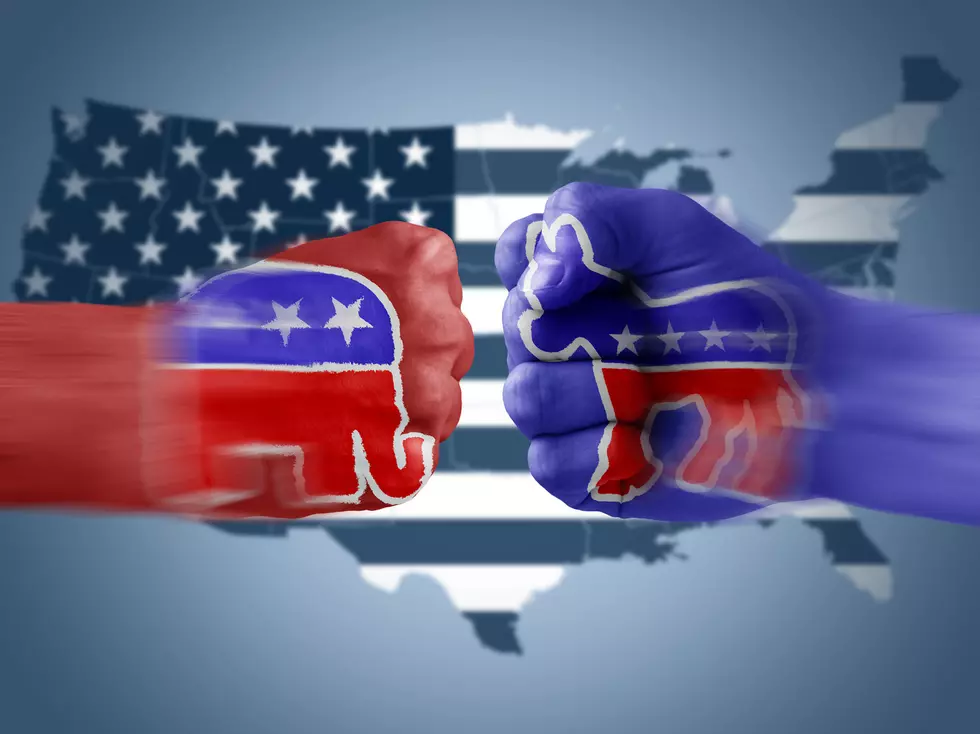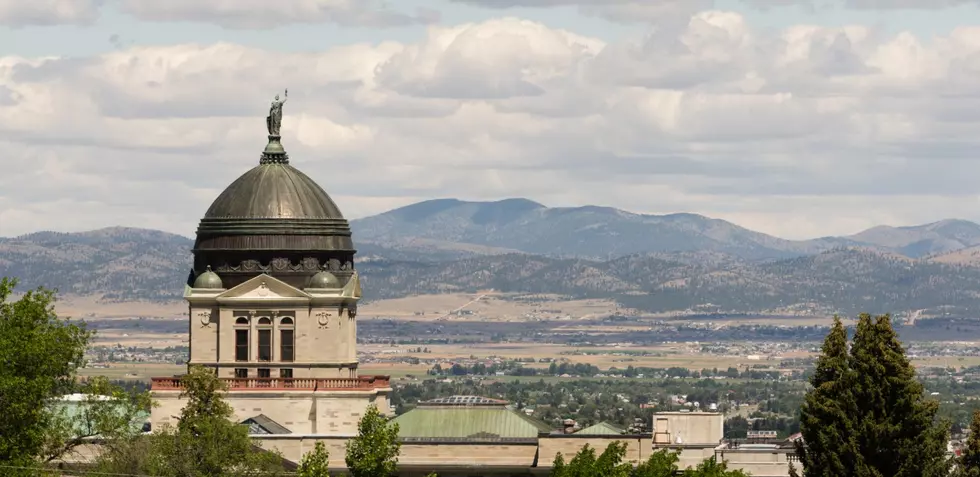
Unions Get A Death Blow From The Supreme Court
I’ve been a member of two unions in my lifetime and have seen the good and bad in collective bargaining.
In the 20s and 30s when unions first came to power there was an absolute need for a union presence. That’s a hard argument to refute.
However, during that historic time, the vast majority of labor was manual labor and those employers in power took advantage of workers because they could.
If you didn’t like your job, there were a dozen or more workers ready to take your place.
Wage and Hour Labor Laws
Over the years wage and hour laws were added to the books to protect workers from unreasonable work hours and working in hazardous conditions.
Laws were passed that deal with hiring discrimination, equal pay laws, etc. The need for union protection for the worker was diminished do to the government taking over.
Because of these worker protections many unions moved out of the private sector where they didn’t have the bargaining power they once had with private employers.
Instead they moved to the public sector to represent teachers, fireman, policeman, government employees.
Protection From Whom?
In the case of pubic workers who are unions protecting them from? That’s right — you and me. We are the CEO employers of the public union employees.
Do they really need protection? Do I as a voting taxpayer want hazardous working conditions to save a buck or two?
Do I want long hours with no overtime? Seems like protection from the voting public is a real stretch.
In the private sector if the union is successful in a pay increase then the company can develop additional profit centers or new products to cover those increased costs.
That’s not the case in the public sector.
The only way public employees can get an increase in pay is for the city, county or state to raise your taxes.
Cutting costs in government rarely happens enough to offsets any pay increases for employees.
The Supreme Court Ruling
In Right to Work states there is an option to join or not join a union. But those who do not join the union get a free ride when the union negotiates a contract with management.
These non-members were accessed a fee in their paycheck to cover the union costs of collective bargaining.
The Supreme Court put an end to that fee collect this week.
The high court ruled that public sector employees who do not wish to join a workers’ union cannot be compelled to pay union dues.
Employees now have to opt in to a union rather than opt out of it.
Some Final Thoughts
As mentioned above I’ve been a member of two unions. While unions still have value in some industries there are issues I had with the union environment.
One, I could not get a raise for my individual efforts. I could work as hard as possible, but my pay was always tied to a union contract.
In other words, you only had to work hard enough not to get fired. There was no incentive to excel at your craft.
Put in your time with no extra effort.
Two, promotion was often based on seniority rather than qualifications. It wasn’t what you know but who you know that might get you promoted.
Unions that were valuable at one time are going the way of the buggy whip. Still needed here and there but not critical to your daily lifestyle.
More From KMMS-KPRK 1450 AM









